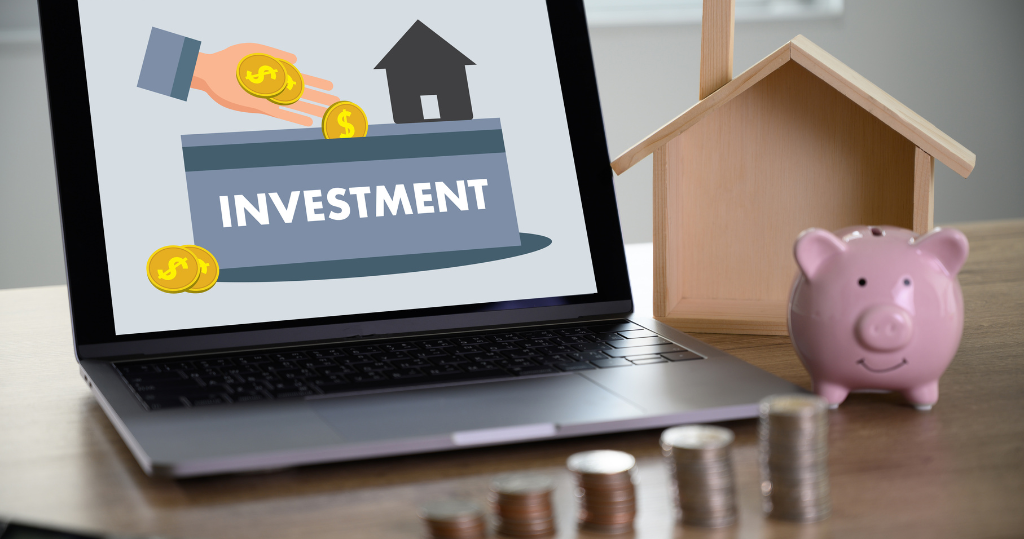
Understanding Property Investment – Part 2 – Costs & Tax Benefits
Understanding the Costs of your investment property
The first step in any investment journey is understanding the financial commitment involved. When buying an investment property, several costs come into play:
Stamp duty:
For properties within the $75,000 to $540,000 range, stamp duty is assessed at $1,050 plus $3.50 for each $100, or part of $100, over $75,000.
See the table below for each price bracket or use a stamp duty calculator.
|
$75,000 to $540,000 |
$1,050 plus $3.50 for each $100 or part of $100, over $75,000 |
|
$540,000 to $1,000,000 |
$17,325 plus $4.50 for each $100 or part of $100, over $540,000 |
|
More than $1,000,000 |
$38,025 plus $5.75 for each $100 or part of $100, over $1,000,000 |
Valuation fee:
To avoid overpaying, you need a professional valuation. This usually costs around $400 to $600. You also need to conduct a building and pest inspection, adding another $600 to $700. If you’re buying a unit, a strata report is also necessary.
Loan fees:
When applying for finance, you may have to pay an application or settlement fee. Some lenders may waive these fees, while others can charge up to $1000.
Legal fees and conveyancing costs:
These costs are generally payable when investing in property, but they can occasionally be waived for investors.
Transfer fee:
This government fee is required to register your name on the property title, removing the vendor’s name to officially transfer ownership.
Lenders Mortgage Insurance (LMI):
This is payable when you’re borrowing over 80% of the value of the investment property and can amount to thousands of dollars.
Ongoing Costs:
These include council rates (land and water), electricity, gas, water bills, maintenance costs, insurance and agent fees, and home loan repayments.
Recognising the Tax Benefits of your investment property
Investing in property in Australia offers generous tax benefits:
Negative Gearing:
If your investment expenses exceed the rental income, causing a loss, you can take advantage of negative gearing. This loss is then offset against your other assessable income, such as your salary and investment income. You can also claim a tax deduction for depreciation in value of your investment property or apply for a Tax Withholding Variation through the Australian Taxation Office (ATO).
Positive Gearing:
If your rental income is greater than your expenses, you’re positively geared. In this situation, you will have to pay tax on the income received. If your rental income covers your expenses, then you are neutrally geared, an ideal scenario as you won’t need to support your investment from your pocket.
Capital Gains Tax (CGT):
This is the tax on the gains you make on the sale of your investment property. Unlike normal income tax, you only pay the CGT on 50% of the gains. To work out your CGT, you need to find your cost base and net sales price of your property.
Financing Your Investment Property
When it comes to investing in property, finance is king. Your borrowing power depends on the strength of your loan application and the lender you choose. You’ll have a better chance at qualifying for an investment loan as long as you can meet the lender’s requirements.
That wraps up the basics of the associated costs and tax benefits of buying an investment property. In the next part, we’ll delve deeper into frequently asked questions about renting out your investment property and how to build your rental portfolio. Stay tuned!
For more information, feel free to reach out to Deborah Farquhar, Property Manager & Sales Specialist, at deb@realtyroad.com.au or call 0405 256 621.

